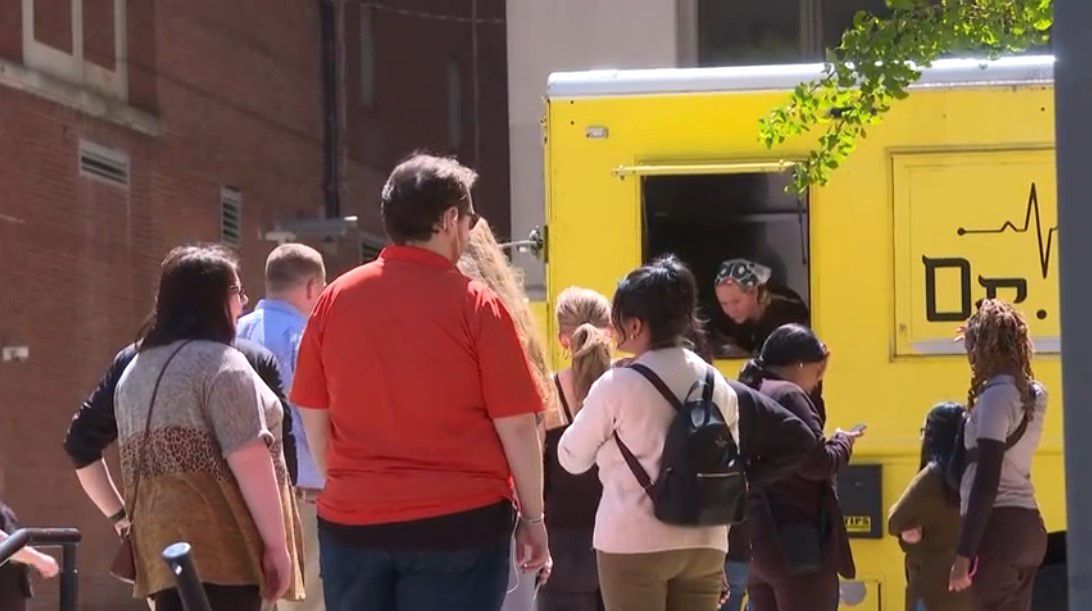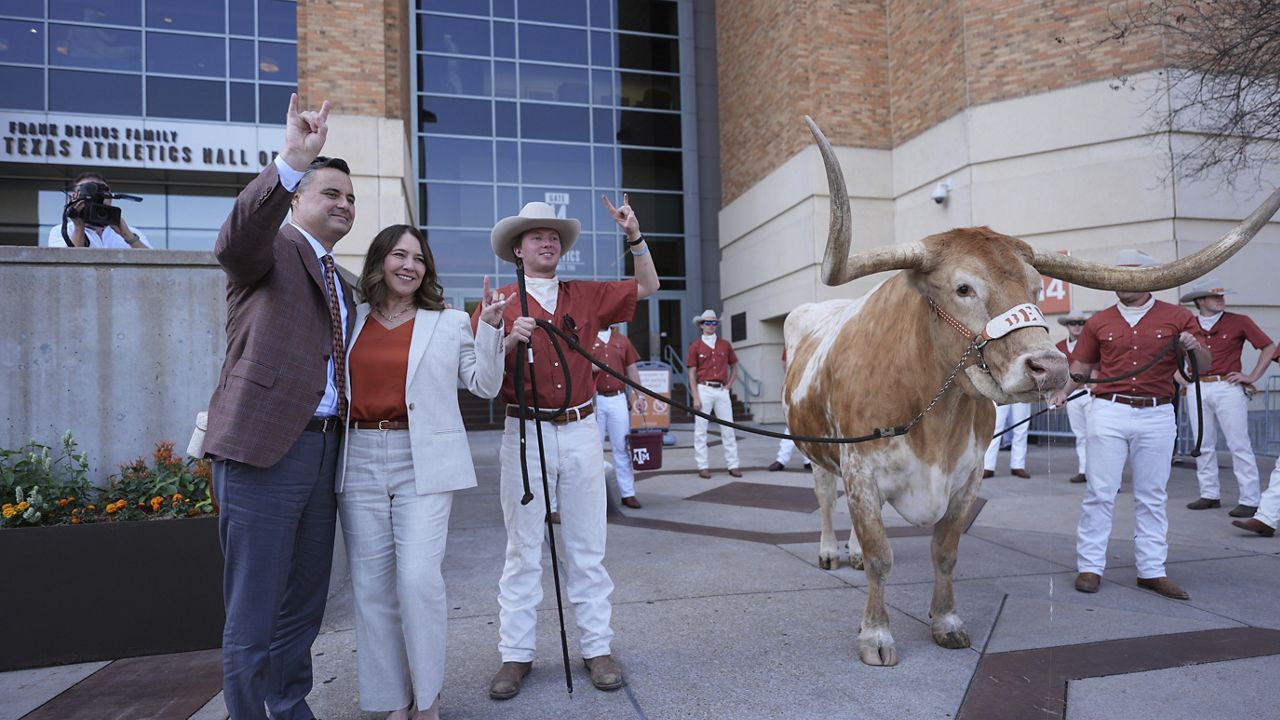Columbus, Ohio—Patrick Sours is a master’s student at The Ohio State University.
His thesis is centered around the construction of tanks in Tanzania that will eventually be used to store clean water in a distribution system.
- Project started at OSU four years ago to bring clean water to Tanzania
- Will take water out of the Pangani River, which is sourced from Mount Kilimanjaro and Mount Meru
- Hope to begn next year once funding is secured
“I kind of calculated it out the other day...I've spent around 20% of the last two years living in Tanzania,” said Sours. “I stayed on extra the first two years to intern with the NGO so I learned a good bit of Swahili, made a lot of friends that I still talk to, so for me it's been great that I can use my engineering skills on a real-world project that is having impacts for a community."
The project —called Maji Marwa—started at OSU four years ago when Professor Michael Hagenberger took 16 students to Tanzania to see if there was a way they could use their expertise to help an area of the world that has been living without water for a very long time.
"Generation after generation within the community...the older women will tell you they don't ever expect to get water but they want water for their daughters so that their life will be easier and for their granddaughters so that they can go to school," said Hagenberger, OSU professor and associate dean.
The system they are working to install will take water out of the Pangani River, which is sourced from Mount Kilimanjaro and Mount Meru.
It will then pump the water to a treatment plant at the top of a hill.
From there it will flow through the plant to the designated tanks throughout the community.
And the project is no small task.
"The system that we want to put in is actually a pretty large-scale system,” said Hagenberger. “There are a lot of groups that go in and do smaller scale projects that help pockets of people. We want to help a community and then hopefully build a regional solution to some of the water needs in this district."
It's a story that has touched Hagenberger both professionally and personally—
"I believe in it and I'm telling everybody I meet that story,” said Hagenberger. “The story of the women traveling all day to clean stuff and bring water back for the next day and that's all the women and young women do all day every day. They walk kilometers to the river and kilometers back carrying as much as they can."
A dream that could soon be a reality once a donor is found to provide the initial capital needed.
Something Hagenberger says will not only give them the clean water they desperately need and deserve. It will also give them a better quality of life.
"It's not about just giving them something it's about working with them to realize this great future they have in front of them and so that's what we're trying to do," said Hagenberger.
Professor Hagenberger says they are now at a point where they are ready to present this project to the government officials in charge of water in Africa.
Their hope is that they will have the funding they need to begin in the next year.









